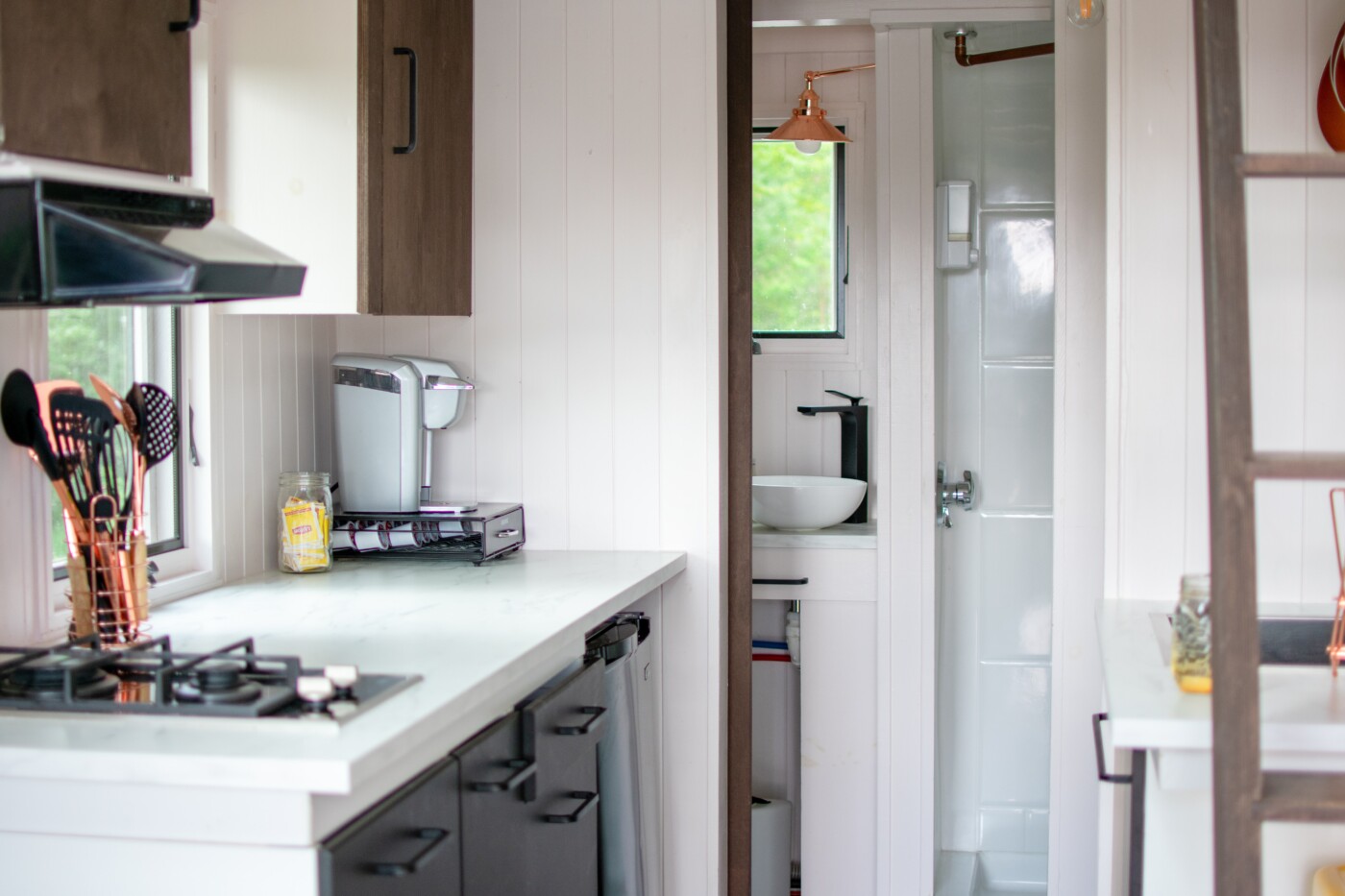PIEDMONT — The City Council on Tuesday night approved updates to the city’s new Accessory Dwelling Unit ordinance, and figures to keep making adjustments to it as the fledgling state law evolves, and as guidelines come down sometime in the coming weeks — or months.
Tuesday’s approval of adopting amendments to the Piedmont Design Guidelines for Accessory Dwelling Units are the latest move by the council to bring the city into compliance with new laws governing ADU conversions. This is done as council members acknowledge more changes are coming as the state laws are refined, which could affect questions of public notice about ADU projects and the “one size fits all” process that doesn’t give city planners much leeway in approval criteria.
“We’re still waiting for state guidelines, and they may address notice, and that may give us reason to circle back on this,” Councilwoman Betsy Smegal Anderson said.
The new state laws — three of them that took effect Jan. 1 — were designed to make it easier for people to make ADUs, also known as “granny flats” or “mother-in-law units,” from converted garages, separate cottages or other residences on the same lot as a main dwelling. By definition these ADUs have separate entrances and distinct bathrooms, kitchens, bedrooms and laundry and living area from the main residence on the property.
Tuesday night’s discussion focused on specifics of the city’s newly adjusted design guidelines pertaining to ADUs and “JADUs” (junior accessory dwelling units), include objective standards for architecture and landscape in general, objective standards for on-site architectural design compatibility; “fire safe” construction and fire marshal review; and building permit procedure and conditions of approval.
The council took most of an hour Tuesday discussing specific details of how conversions of garages into ADUs should be carried out — the extent to which the ADUs’ design aspects need to match the main building, what to do with driveways that no longer serve an active garage, which windows need to be clear and which ones translucent and other items.
Part of Tuesday’s discussion centered on whether the city could require property owners to keep driveways in place even if they no longer served working garages; several council members were wary of conflicting with a new state mandate that prohibits requiring replacement off-street parking when a “garage, carport or covered parking structure” is demolished or converted into an ADU. (The council eventually settled on language that says property owners “may” preserve driveways as parking pads).
Some of these items had also been discussed at the Feb. 10 Planning Commission meeting, where several construction and landscape professions, and a handful of former planning commissioners, weighed in on some of the nuts-and-bolts aspects of the local ordinance.
ADUs are one part of the state’s ideal formula for providing more affordable housing. And as Piedmont is considered a “built-out city,” in that there are few remaining open parcels for construction of housing, ADUs figure to be a key means to boost the city’s affordable-housing supply.
While the new state laws make certain approvals “ministerial,” approved or rejected based on set rules and requirements, the new laws do authorize local agencies to enact certain standards of approval for ADUs and JADUs, giving local cities the ability to control the exterior appearance of ADUs and JADUs — for instance, to make sure the accessory units blend in with the main houses.
But the discussion Tuesday night kept coming back to the effects of the new state laws, created to boost the state’s stock of affordable housing.
“This (law) is full of unintended consequences, contradictions, square pegs and round holes — that’s what we’re finding,” Mayor Robert McBain said.
Former Piedmont Planning Commissioner Michael Henn before Tuesday’s meeting said the city’s process to achieve compliance with the state ADU laws has been “rushed,” and faulted city leaders for not moving sooner to allow more public discourse.
“There’s a general concept that the public’s business should be carried out in public.”
Former Piedmont Planning Commissioner Michael Henn finds the public discourse on the topic lagging
He also said that, aside from a cadre of locals who are against any law changes that make it easier to convert ADUs, Piedmont has been relatively NIMBY-free in tackling the law changes head-on.
McBain said the city owes it to residents who are planning ADU conversions to keep up with the latest tweaks in the state laws. He and others also know the adjustments are likely to keep coming.
Said City Attorney Michelle Kenyon, “Just because we’re in compliance doesn’t mean this is final.”
Contact Sam Richards at sam.richards4344@gmail.com

I think this article gives a false sense that there will be changes to the ADU law soon. The state enacted the law and any substantive changes are years away. The article would better serve to inform readers of the specifics of Piedmont’s ADU program:
-new structures up to 16 feet tall/1000 square feet can be placed within 4 feet of an adjoining property, irrespective of the effect on views and privacy.
– no off-street parking is required
– applications must be reviewed within 60 days.
– neighbors will be given no notice of the filing and review of ADU applications.
Michael Henn has a point – the ADU ordinance and design review guidelines were rushed through Council with the absolute minimum amount of time. The law went into effect January 1, 2020 and the city didn’t start hearings until after that. Most cities developed their ADU programs in 2019. A less compressed process in Piedmont would have enabled more resident education and input.
The ADU ordinance goes into effect March 3,2020 and it will be interesting to see how many applications the city receives that week. They’ll all be reviewed and likely approved within 60 days. Those will be final no matter what the City Attorney says.